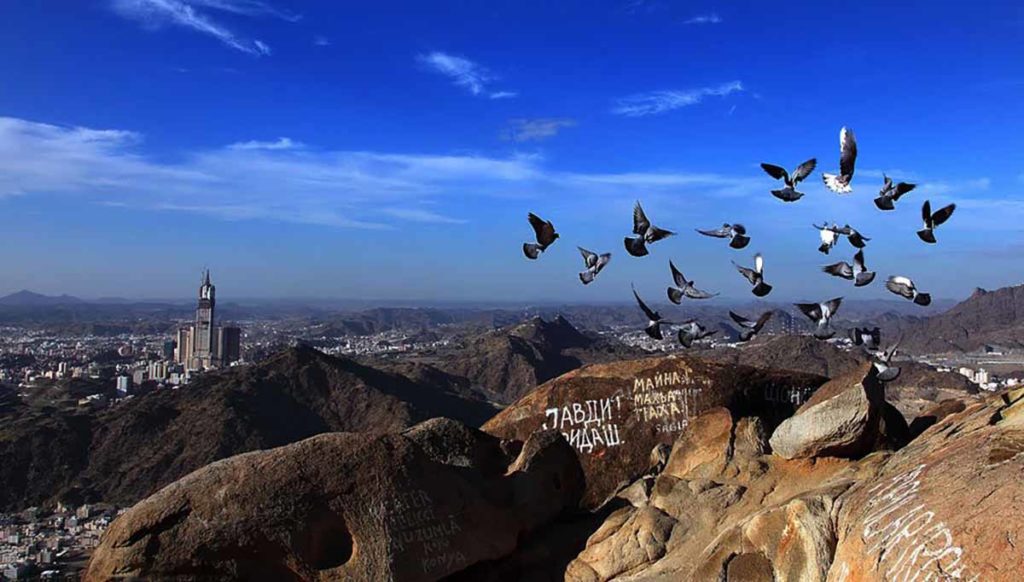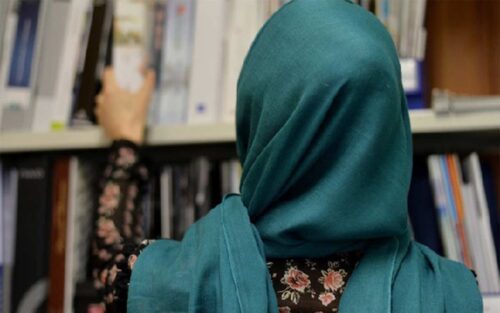1440 years ago was the biggest turning point in the lives of human beings all over the world. It is known that such things are said a lot, and most often for incidents that are quite irrelevant.
However, the migration of Prophet Muhammad was a turning point in history. It was the start of a period when he would go from being the oppressed man of Makkah to the one who returned as a Beneficent ruler.
He would have to slip away in the night avoiding murderers and would come back years later victorious and while glorifying Allah. The lessons from the Hijrah are timeless and for us forever to reflect upon.
In fact, even during the time of the Prophet, towards the end of his life, Allah reminded the believers of the Hijrah and of how Allah had helped him through it.
1- With Difficulty Comes Ease
The Prophet had suffered for so long. It was 13 years of almost torture, and it was only now that he was about to be finally coming out of the pain that the Makkans had given him. But little did he know that Allah had planned so much.
All that pain was one thing but what was coming was better. And with the difficulty he had faced, now he was about to open up to a new land.
He was going to be the King of Madinah, the Prophet who sends letters to various heads of state to accept Islam and with all of this finally shall come the victory of Makkah. And the promise of Allah stands true- with difficulty comes ease.
2- Allah Is Not in Need of us
Allah starts at the beginning of the verse that even if the believers do not aid the Prophet in circumstances when it is not really that difficult, then that is not an issue. Allah will aid His Prophet and His religion in ways that none can imagine.
Everyone in Makkah expected the Prophet to be dead by the morning, and yet Allah saved him and took him to Madinah. He did not need an army to protect him- he only needed Allah.
It is a reminder to us that whenever we do something that is for the benefit of Islam, we are only helping ourselves.
Allah’s faith is not in need of us, and He will protect His faith and the legacy of His Prophet.
We are in need of Him, and whatever good we do is good for us, and Allah is As-Samad– the One who is free from need but everyone depends on Him.
3- Trusting Allah in Times of Difficulty Brings Ease
Abu Bakr and the Prophet (peace be upon him) were in the cave and did not have a way out.
The Quraysh were nearby and searching for them. As they came close Abu Bakr whispered to the Prophet about his anxiety.
That is when the Prophet replied, “Do not grieve, Allah is with us.”
The Prophet did not know exactly what would happen or how Allah would save them. But he knew that as they were on the path of Allah, He would suffice, and He did.
And along with it He sent down tranquility, that can only come upon putting trust in Allah and allowing Him to do what He is doing.
4- Obey Allah’s Orders even if it doesn’t Make Sense
The Messenger’s life had changed dramatically since he became a Prophet. And despite all of this he kept being the Messenger.
He never gave up on it despite all the persecution, and even having to be driven out of his home. And yet, he kept going.
This might sound quite weird for us, as to why he kept going… and this is a teaching that we obey Allah’s orders because He orders them, not because it makes sense to us. And we follow them on, and trust that He will make it work as He has ordered us to do the same.
5- Brotherhood
The Hijrah teaches us about brotherhood. Muslims emigrated from Makkah with little or nothing with them, and they were then accepted in Madinah almost as if they were the inhabitants.
The people of Madinah shared their houses, food and whatever they had to help their brethren from Makkah settle in. It is among the best expressions of brotherhood in the history of humanity.
And that is something that Islam brought. It was brought up only by understanding that they were all united under the one Prophet Muhammad.
These are some of the many, many lessons that the Hijrah has taught us.
Today, as the world descends into chaos, and life becomes difficult again, it is worth remembering the Hijrah that happened 1438 years ago.
Most importantly, let us all make our own Hijrah- from deeds that Allah doesn’t like towards the deeds that Allah loves.











